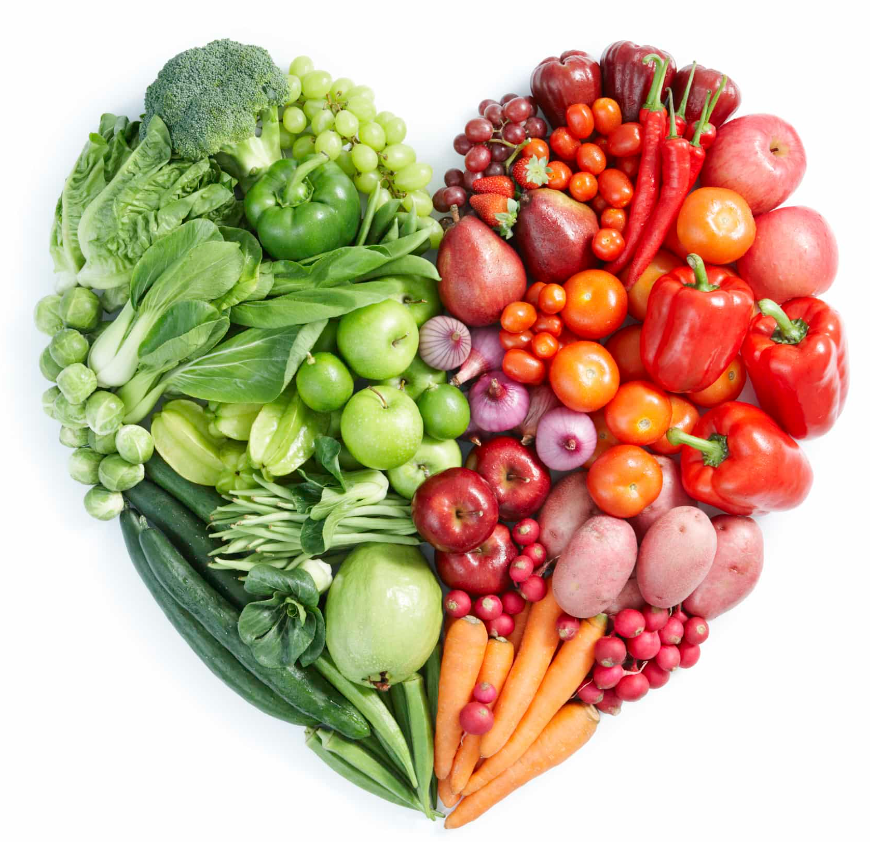Nutrients are substances that are essential for the growth, development, and maintenance of the body. They provide energy, support metabolism, and contribute to various physiological functions. Nutrients include carbohydrates, proteins, fats, vitamins, minerals, and water.
Our bodies have mechanisms to differentiate and process what we consume, categorizing it as either nutritious or harmful. The body's detoxification systems, primarily the liver and kidneys, work to remove toxins from the body. Additionally, the gastrointestinal tract and immune system play crucial roles in identifying and eliminating potentially harmful substances through processes such as digestion, metabolism, and excretion.
1. Nutrients: Substances essential for growth, development, and maintenance, providing energy and supporting metabolism.
2. Detoxification Systems: The liver, kidneys, gastrointestinal tract, and immune system help remove toxins from the body.
3. Consumption and Processing: The body distinguishes between nutritious and potentially harmful substances, managing them accordingly.
The major categories of nutrients include:
1. Carbohydrates: Carbohydrates are the primary source of energy for the body. They are found in foods like grains, fruits, vegetables, and legumes. Carbohydrates are broken down into glucose, which is used by the body for immediate energy or stored as glycogen for later use.
2. Proteins: Proteins are essential for growth, repair, and maintenance of body tissues. They are composed of amino acids and can be found in animal and plant sources such as meat, fish, dairy products, legumes, and nuts.
3. Fats: Dietary fats are a concentrated source of energy and serve as a storage form of energy in the body. They are also important for insulation, protecting organs, and absorbing fat-soluble vitamins. Fats can be found in foods like oils, butter, nuts, seeds, and fatty cuts of meat.
4. Vitamins: Vitamins are organic compounds that are necessary for various metabolic processes in the body. They play important roles in energy production, immune function, and maintenance of overall health. Examples of vitamins include vitamin C, vitamin D, vitamin A, and the B-complex vitamins. They can be obtained from a variety of foods, including fruits, vegetables, dairy products, and meats.
5. Minerals: Minerals are inorganic substances that are necessary for the proper functioning of the body. They are involved in various physiological processes, such as bone health, nerve function, fluid balance, and enzyme activity. Examples of minerals include calcium, iron, potassium, sodium, and zinc. They can be obtained from foods like dairy products, leafy greens, meats, and legumes.
6. Water: Although not a nutrient in the traditional sense, water is essential for life. It is involved in nearly every bodily function, including digestion, absorption, circulation, and temperature regulation. Staying properly hydrated is vital for overall health and well-being.
A balanced diet that includes a variety of foods from each of these nutrient categories is important to ensure optimal nutrition and support the body's needs.
There are numerous compounds that can be considered nutrients, as they play essential roles in the body's functioning. Here is a list of some of the key compounds that are considered nutrients:
Carbohydrates:
- Glucose (Grapes)
- Fructose (Apples)
- Sucrose (Sugar Beets)
- Lactose (Note: Lactose is primarily found in dairy; no plant source)
- Starch (Potatoes)
Proteins:
- Amino acids (including essential and non-essential amino acids)
1. Quinoa
2. Lentils
3. Chickpeas
4. Edamame (Young Soybeans)
5. Chia Seeds
6. Black Beans
7. Hemp Seeds
8. Peas
9. Tofu (Soybean Curd)
10. Pumpkin Seeds
11. Tempeh
12. Seitan (Wheat Gluten)
13. Amaranth
14. Spirulina
15. Sunflower Seeds
16. Broccoli
Fats:
- Triglycerides
- Fatty acids (such as saturated, monounsaturated, and polyunsaturated fatty acids)
- Cholesterol
Vitamins:
-- Vitamin A (retinol, beta-carotene) - Carrots
- Vitamin B1 (thiamine) - Sunflower Seeds
- Vitamin B2 (riboflavin) - Almonds
- Vitamin B3 (niacin) - Peanuts
- Vitamin B5 (pantothenic acid) - Avocados
- Vitamin B6 (pyridoxine) - Bananas
- Vitamin B7 (biotin) - Sweet Potatoes
- Vitamin B9 (folate, folic acid) - Spinach
- Vitamin B12 (cobalamin) - Nutritional Yeast (fortified)
- Vitamin C (ascorbic acid) - Oranges
- Vitamin D (cholecalciferol, ergocalciferol) - Mushrooms (exposed to sunlight)
- Vitamin E (tocopherols, tocotrienols) - Sunflower Seeds
- Vitamin K (phylloquinone, menaquinone) - Kale
Minerals:
- Calcium (Kale)
- Iron (Spinach)
- Potassium (Bananas)
- Sodium (Celery)
- Magnesium (Almonds)
- Zinc (Pumpkin Seeds)
- Copper (Quinoa)
- Manganese (Pineapple)
- Selenium (Brazil Nuts)
- Iodine (Seaweed)
- Phosphorus (Lentils)
Water:
- H2O (Water)
This is not an exhaustive list, as there are additional compounds and nutrients that are essential for the body's proper functioning such as antioxidants, flavonoids, and phytochemicals. Here are 10 of the best sources for each category:
Antioxidants:
1. Blueberries
2. Dark Chocolate
3. Pecans
4. Strawberries
5. Artichokes
6. Goji Berries
7. Raspberries
8. Kale
9. Red Cabbage
10. Beans
Flavonoids:
1. Citrus Fruits (Oranges, Lemons)
2. Berries (Blueberries, Strawberries)
3. Apples
4. Onions
5. Dark Chocolate
6. Green Tea
7. Red Grapes
8. Broccoli
9. Parsley
10. Soybeans
Phytochemicals:
1. Tomatoes (Lycopene)
2. Carrots (Beta-carotene)
3. Garlic (Allicin)
4. Spinach (Lutein)
5. Turmeric (Curcumin)
6. Green Tea (Catechins)
7. Flaxseeds (Lignans)
8. Grapes (Resveratrol)
9. Cruciferous Vegetables (Glucosinolates, e.g., broccoli, Brussels sprouts)
10. Citrus Fruits (Limonoids)
